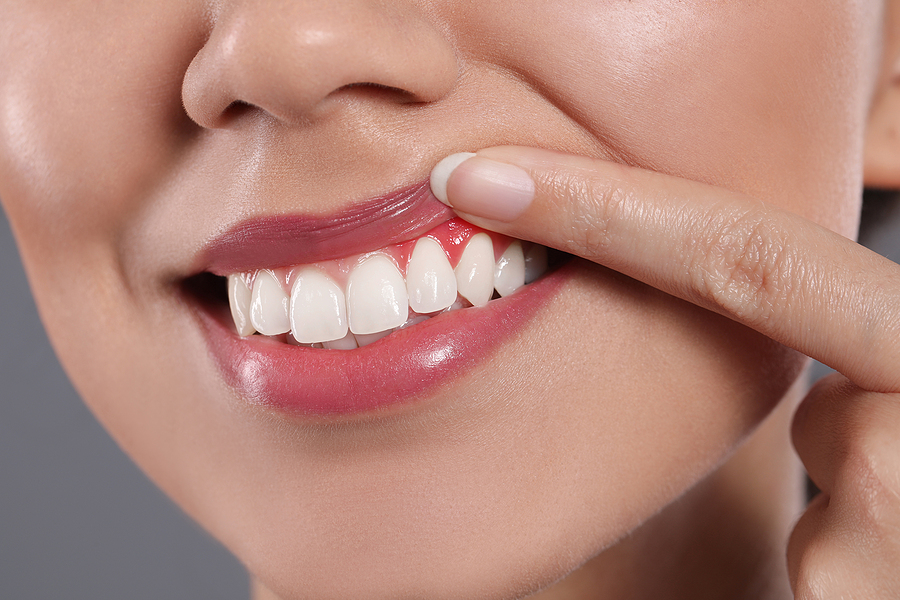
The Most Common Dental Emergencies and How to Prevent Them
A dental emergency is a medical condition that requires prompt care. Some common dental emergencies include:
What Constitutes A Dental Emergency?
While there are several scenarios that could constitute a dental emergency, most fall into two categories - either injury to the teeth or gums or damage to the tooth enamel or nerves of the tooth. For example, if you chip a tooth on a popcorn kernel during a movie, you'd need to see a dentist right away in order to repair the tooth before it develops further decay and damage. Or if you happen to dislodge a crown while eating breakfast, you will need to make an appointment with your dentist as soon as possible in order to prevent further damage to the underlying tooth structure.
Other examples of dental emergencies include:
- A toothache that continues for more than 24 hours
- A fall that causes a knocked-out tooth or an impacted adult tooth
- A broken or cracked tooth
- Severe swelling around the face or mouth
- Jaw pain or stiffness that does not go away on its own after a day or two
- Teeth that become loose
- Bleeding from the gums or inside of the mouth
- Difficulty opening and closing the mouth
- Broken dental restorations
- Broken orthodontic appliances
If you are experiencing any of these situations, be sure to schedule an appointment with your general dentist as soon as possible. Without treatment, damage to your teeth can become irreversible. Plus, seeing a dentist soon can help prevent the need for more extensive and costly procedures down the road.
Who Is At Risk of A Dental Emergency?
Anyone who experiences a sudden onset of pain or a dental injury should schedule an emergency appointment with their dentist as soon as possible. Teeth, gums, and oral tissues can be injured or infected at any time for various reasons.
Common causes of dental injuries include:
- Biting down on something hard, like a broken tooth, nutshell, or bone.
- Falling victim to sports-related trauma to the face or mouth.
- Playing contact sports without wearing a protective mouthguard.
- Grinding teeth at night due to stress or anxiety, which can cause damage to the teeth and jaw.
- Consuming a hard or sticky substance that gets stuck between the teeth and gums. This can cause infection and pain inside the mouth.
- A sudden toothache resulting from an infection in the tooth pulp tissue.
- Experiencing a blow to the face that causes a tooth to be pushed back into the gum tissues or the jawbone.
- Taking certain types of medication, such as blood thinner medications, that can increase the risk of bleeding if an injury occurs in the mouth.
- Having certain medical conditions, such as diabetes or hemophilia that can make the risk of infection more likely.
- Having a weakened immune system as a result of age or illness.
Tips To Prevent Dental Emergencies
Dental emergencies refer to any sort of dental problem that requires immediate care. Such problems should be dealt with as quickly as possible to avoid further complications. Listed below are a few tips that you can follow to prevent dental emergencies:
- Brushing and flossing regularly is the best way to keep your smile healthy and avoid many common dental issues, including cavities and gum disease.
- Visit your dentist every six months for regular checkups and teeth cleanings to reduce your risk of dental emergencies and prevent problems from occurring in the first place.
- Biting down on hard foods can cause chips, cracks, and fractures in your teeth. Some people may even break a bone in their jaw from biting down too hard on a hard object. This can increase the risk of an emergency visit to the dentist's office. It's best to avoid chewing down on hard foods altogether to prevent emergency dental procedures.
- Wear a mouthguard while participating in sports and games.
- Stop tobacco usage and smoking.
- Eat a balanced diet and avoid consuming acidic or sugary foods.
Schedule an appointment with Arden Dental Center to learn more about taking care of your oral health. We are located at 531 E. Roosevelt Road, Suite 100, Wheaton, IL 60187. Contact our team at (630) 529-0303 or visit our website to book a consultation.
Office Hours
MON9:00 am - 5:00 pm
TUE9:00 am - 3:00 pm
WED9:00 am - 5:00 pm
THU10:00 am - 6:00 pm
FRI - SAT8:00 am - 1:00 pm
SUNClosed






comments